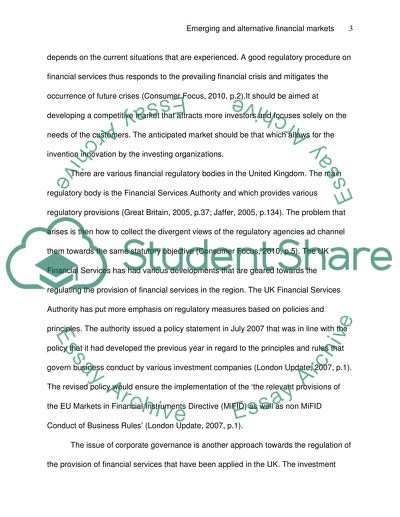Cite this document
(The Islamic Banks and their Requirements Essay Example | Topics and Well Written Essays - 2750 words, n.d.)
The Islamic Banks and their Requirements Essay Example | Topics and Well Written Essays - 2750 words. https://studentshare.org/environmental-studies/1414489-the-islamic-banks-and-their-requirements
The Islamic Banks and their Requirements Essay Example | Topics and Well Written Essays - 2750 words. https://studentshare.org/environmental-studies/1414489-the-islamic-banks-and-their-requirements
(The Islamic Banks and Their Requirements Essay Example | Topics and Well Written Essays - 2750 Words)
The Islamic Banks and Their Requirements Essay Example | Topics and Well Written Essays - 2750 Words. https://studentshare.org/environmental-studies/1414489-the-islamic-banks-and-their-requirements.
The Islamic Banks and Their Requirements Essay Example | Topics and Well Written Essays - 2750 Words. https://studentshare.org/environmental-studies/1414489-the-islamic-banks-and-their-requirements.
“The Islamic Banks and Their Requirements Essay Example | Topics and Well Written Essays - 2750 Words”. https://studentshare.org/environmental-studies/1414489-the-islamic-banks-and-their-requirements.


